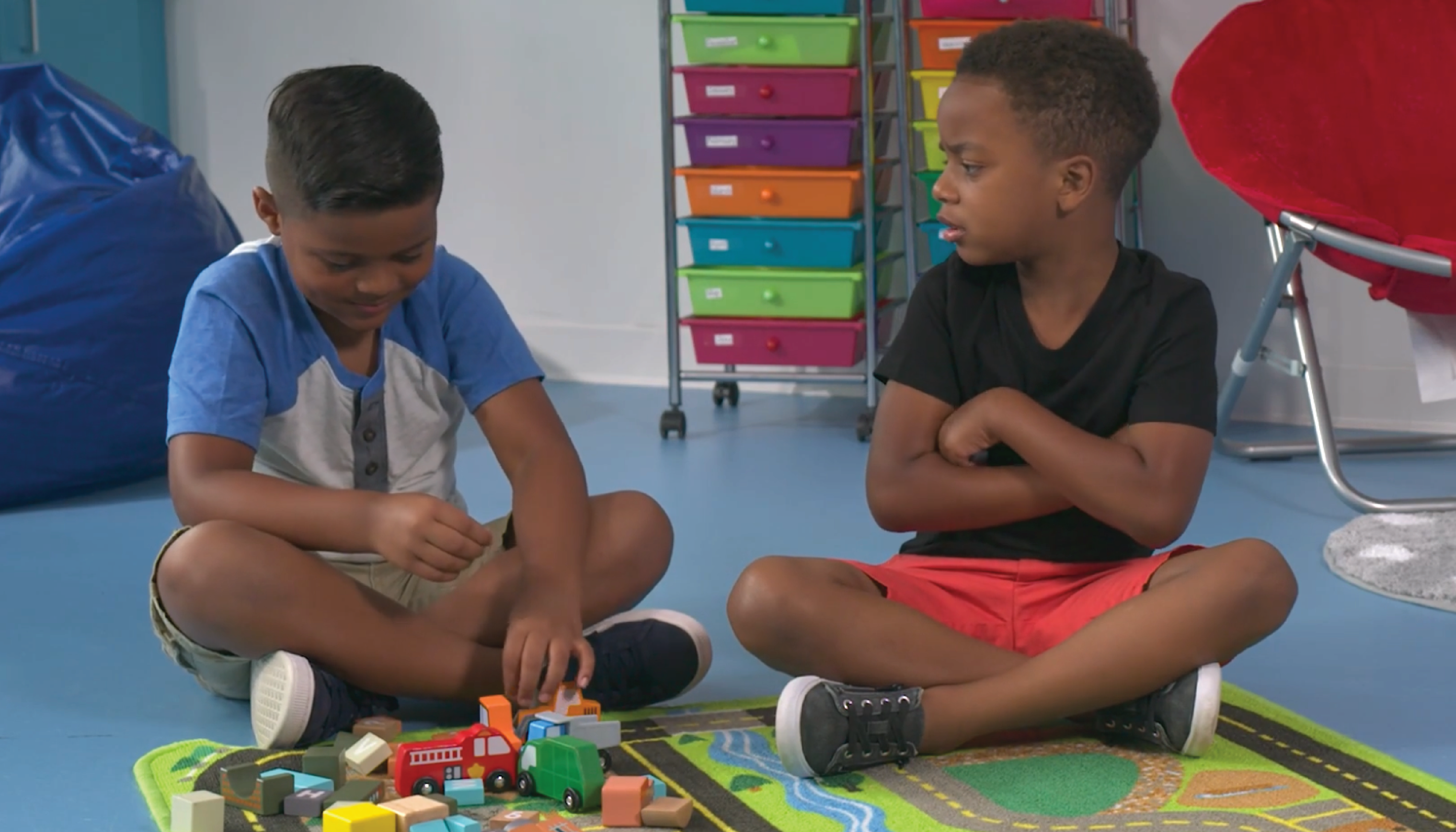Introduction
As educators, one of our goals is to help students develop social-emotional skills. An essential skill for students, especially those in special education, is learning when to say “sorry.” Apologizing is a vital aspect of maintaining healthy relationships and demonstrating empathy. In this blog post, we will discuss an easy-to-implement activity that requires no preparation, provide thought-provoking discussion questions, and suggest related skills for students to learn.
No-Prep Activity: Role-Playing Scenarios
In this activity, educators can present different scenarios to students and ask them to act out the situations. The goal is for students to recognize when an apology is necessary and practice saying “sorry” in a sincere manner. Here’s how it works:
- Prepare a list of scenarios that might require an apology. Examples include accidentally bumping into someone, taking a toy without asking, or interrupting a conversation.
- Divide students into pairs or small groups.
- Assign each pair or group a scenario to act out. Encourage students to think about how they would feel in the situation and how they can demonstrate empathy and understanding.
- After each role-play, discuss the scenario as a class. Ask students to share what they learned and how they can apply this knowledge in real-life situations.
Discussion Questions
These discussion questions can help facilitate meaningful conversations about the importance of apologizing and recognizing when to say “sorry”:
- Why is it important to say “sorry” when we hurt someone’s feelings or make a mistake?
- How does apologizing show that we care about others and their feelings?
- What are some situations where it might be difficult to apologize? How can we still show empathy and understanding in those situations?
- How can we tell if someone is genuinely sorry for their actions?
- What are some ways we can make amends after apologizing?
Related Skills
Beyond learning when to say “sorry,” students can benefit from developing other related social-emotional skills, such as:
- Active listening: Paying attention and demonstrating understanding when others are speaking.
- Empathy: Putting oneself in another person’s shoes to better understand their feelings and perspective.
- Conflict resolution: Identifying and addressing disagreements in a respectful and constructive manner.
- Emotion regulation: Recognizing and managing one’s emotions in a healthy way.
- Assertiveness: Expressing one’s needs, feelings, and opinions in a respectful and confident manner.
Next Steps
As you continue to support your students in their social-emotional learning journey, consider incorporating additional resources and activities into your curriculum. To explore free sample materials that can help students develop these essential skills, be sure to sign up for free samples at Everyday Speech.






